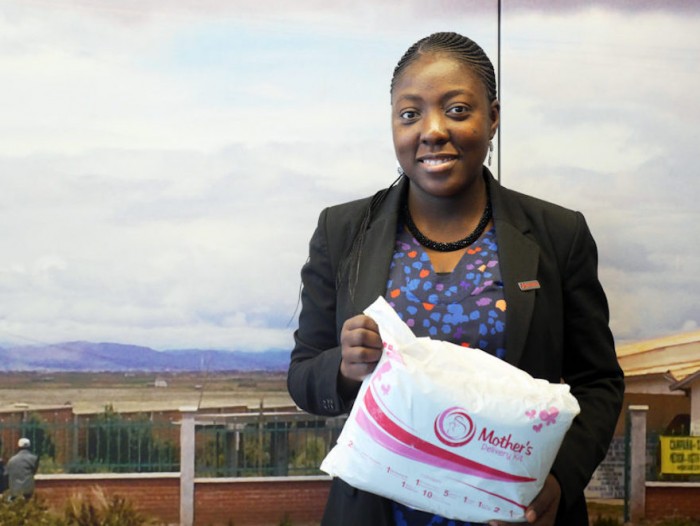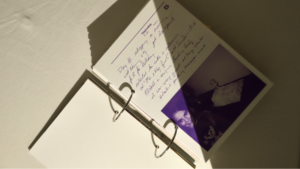
The World Health Organisation ranked health care systems in Africa as one of the poorest performing in the world, with Nigeria having the highest maternal and infant mortality at 982 deaths per annum (ranked from the year 2009-2013). These disturbing statistics were just numbers to Mother’s Delivery Kit Venture founder Adepeju Jaiyeoba until she lost her close friend during childbirth. She says that her personal experience “put a face behind every maternal and child statistic” and inspired her to design her kits through the establishment of her social enterprise, Mother’s delivery Kits.
A Mother’s Delivery Kit is an affordable package consisting of essential, sterile supplies required for child delivery, such as mucus extractors, gloves, cord clamps and delivery mats. These packaged contents are all items which are typically inaccessible and hard to come by in rural parts of Nigeria. One of Jaiyeoba’s primary objectives with her enterprise is ensuring her kits are accessible to anyone in need, regardless of their economic standing. One way to ensure this was to make them affordable by sourcing the content of the kits directly from manufacturers, thus reducing the price of the kits.
In developing countries like Nigeria, communities cannot rely solely on their health care systems. The trend of untrained individuals administering complicated procedures like childbirth often leads to the death of many mothers and their babies. Relevant training for kit use by Mother’s Delivery Kit Ventures aids safer birth practises which extend beyond traditionally established health care centres and directly into the communities that need it.
According to statistics available on their website, Mother’s Delivery Kit Ventures have an impressive success rate where no new cases of maternal and infant deaths have been recorded by 9 000 users of the kit in the year 2013. Adepeju Jaiyeoba’s Mother’s Delivery Kit innovation could serve as a prototype that other developing countries facing similar issues can draw from when it comes to simple female-centered innovations that can ensure the safety of pregnant women and babies. In one of her most recent talks, Adepeju has argued that financial investment from governments and private sector is crucial in order to ensure that Mother’s Delivery Kits meet the increasing demand to reach more women and communities in need.






